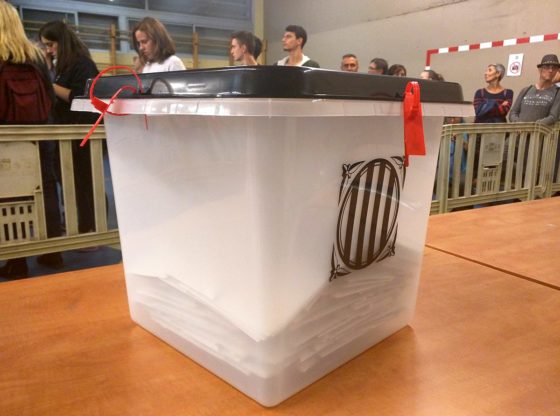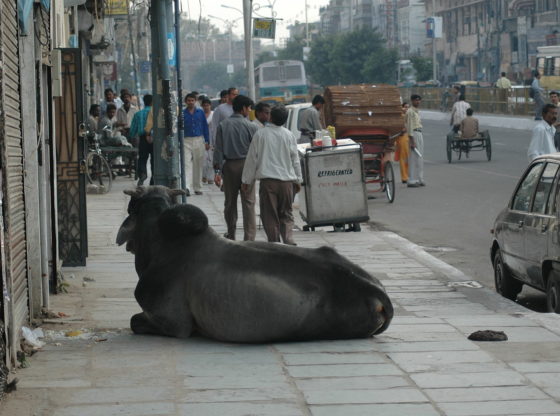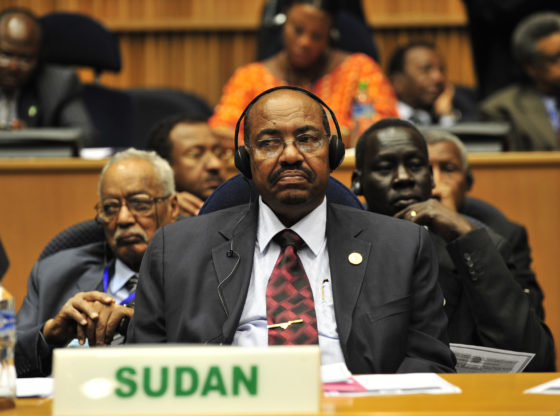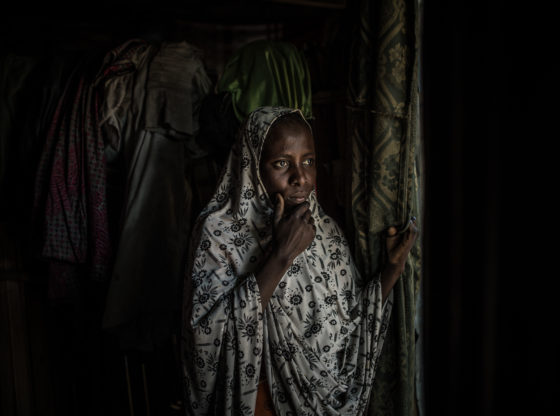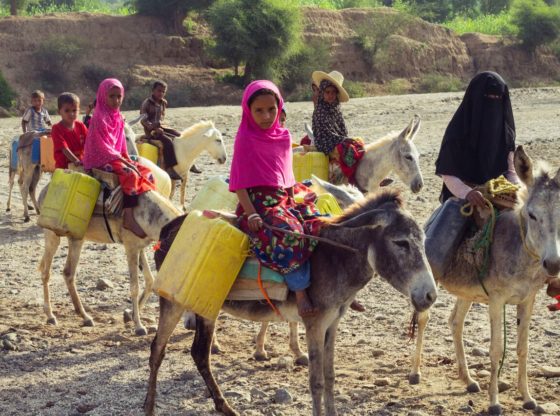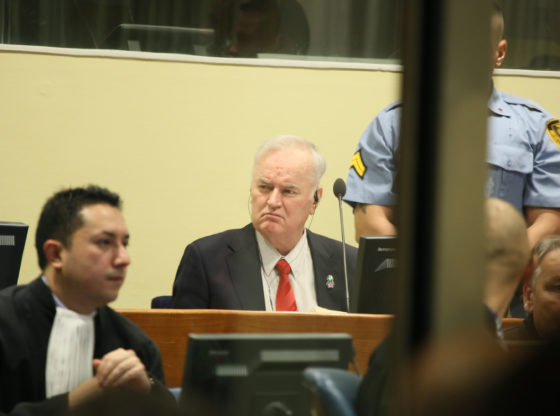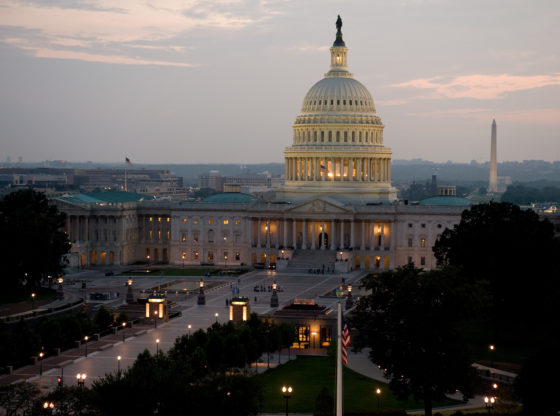In this article, Roseanna Cunningham MSP reflects on her experience of the COP 23 summit in Bonn and how events this year relate to Scotland’s own efforts on energy and sustainability.
When Ban Ki-Moon addressed the UN Paris conference, he referred to climate change as ‘the defining challenge of our times’. Two years on from reaching this historic agreement, the need to tackle climate change is more crucial than ever.
Both the First Minister and I attended this year’s UN talks in Bonn where the international community gathered to discuss how to turn the ambitions of the Paris Agreement into reality. The sad fact is that without action we could see ocean levels rise, more famine, higher incidence of hurricanes and cyclones - and almost certainly, a displacement of populations far beyond what we have witnessed during recent and current conflicts. The warning being sounded loud and clear in Bonn was that we must urgently make pledges, and agree the operating manual that will enable us to limit global temperature rises to well below 2 degrees Celsius.
The warning being sounded loud and clear in Bonn was that we must urgently make pledges, and agree the operating manual that will enable us to limit global temperature rises to well below 2 degrees Celsius.
Despite Donald Trump’s climate change denials, there was an exuberant atmosphere of defiance and solidarity at these discussions, particularly at a local and regional level. US states and city governments made this clear with the establishment of the ‘we’re still in’ zone, demonstrating their continued commitment to tackle the challenge of climate change.
In total, more than 1,000 local and regional governments in 86 countries made significant pledges at the Bonn talks, which is in addition to the 7,000 cities represented by the global covenant of mayors. It is clear that devolved, regional and local governments are emerging as a powerful force for good in the fight against climate change.
It is clear that devolved, regional, and local governments are emerging as a powerful force for good in the fight against climate change.
My weekend of engagements at Bonn included a number of bilateral meetings, speeches, and panel discussions, with the importance of renewable energy and sustainable development among the key topics up for debate. It was an opportunity to share our own experiences and to hear what new and innovative things other countries are doing to reduce emissions which in turn drives us to improve and build on our own climate change action. Scotland is a world leader both in our level of ambition and in what we have achieved - and others were keen to hear about what we have already done and how we have done it, as well as what we have planned through the recent announcements in the Scottish government’s Programme for Government.
I was proud to hear directly from the representatives I met from Canada, Australia, and New Zealand, that they look to Scotland for inspiration in areas like climate justice and our Just Transition Commission, which will advise ministers on how we can best adjust to a more resource efficient and sustainable economic model in a fair way.
This year was also significant as it saw the First Minister address the high level plenary session, on behalf of all states, regions and devolved governments from around the world. This demonstrates how well regarded Scotland’s actions and ambitions are at a global level. We are determined to lead by example through our draft Climate Change Bill and recent Programme for Government, which has been described as the ‘greenest’ ever by environmental campaigners.
Our climate targets are already the most ambitious in the UK and our proposals for our Climate Change Bill will set long-term targets in direct response to the Paris Agreement. We received more than 19,000 responses to our Bill consultation and are currently considering those responses. We made a commitment eight years ago to reduce our 2020 emissions by 42 percent. We are on course to meet that target, and are now proposing to increase our ambition for the years beyond. That includes coming to an early decision on when we will aim to reach net zero emissions.
We are also finalising our Climate Change Plan. The draft plan set out a package of transformational measures and interventions across transport, heat, electricity generation, and energy efficiency to help us build on our world leading climate change ambitions and reduce emissions by 66 percent by 2032. The finalised version will be strengthened by the bold new low-carbon commitments, which were set out in the 2017 Programme for Government – including phasing out the need for new petrol and diesel cars and vans by 2032.
EU membership has underpinned our environmental ambitions. Despite Brexit, we will continue to work to ensure Scotland benefits from the EU’s powerful voice.
We have signalled a step change in our ambition towards a low carbon economy by announcing that low emission zones will be created in Scotland’s four biggest cities between 2018 and 2020. And, through Scotland’s Energy Efficiency Programme, we are investing £500 million, over the four years to 2021, into energy efficiency and heat decarbonisation measures. This will help make people’s homes and businesses more energy efficient. By acting on climate change, Scotland is also benefiting from investment, growth, and increased trade as a direct result of our low carbon transition with almost 60,000 people employed in low carbon jobs across the country.
As well as our climate leadership through domestic action, Scotland plays an active role internationally. EU membership has underpinned our environmental ambitions. Despite Brexit, we will continue to work to ensure Scotland benefits from the EU’s powerful voice.
At UN level, support for the Paris Agreement has been almost universal, and looks to be unstoppable.
We are supporting the Under2 Coalition, a commitment by 205 governments covering 1.3 billion people to reduce their greenhouse gas emission towards net-zero by 2050. And following the Bonn talks, the Scottish government hosted its first-ever Arctic Circle Forum - a follow-on event to the international cooperation network the Arctic Circle Assembly - which the First Minister spoke at in Iceland in October.
As well as contributions by ministers from Iceland, the Faroe Islands, and Greenland, the forum included a keynote address by Lord Deben, Chairman of the UK’s Committee on Climate Change, the independent body which advises us on tackling and preparing for climate change.
Making sure everyone understands the role they play in tackling climate change is part of the challenge. While the concept of global warming can seem worlds away from our everyday lives in Scotland, everyone can play a part. The reality is that individuals, making small changes like turning down a thermostat, or recycling more household waste, or cycling instead of taking the car, cumulatively can have a big impact on safeguarding our environment.
Sadly the most damaging effects of climate change are seen in developing nations, and fall disproportionately on the very young, the very old, and the very poor. That’s why Scotland was the first national government in the world to establish a Climate Justice Fund, which has supported projects in some of the planet’s poorest communities in four sub-Saharan African countries.
It is why I have announced more than £3.6 million to help developing countries, particularly Malawi, adapt to the impacts of climate change. This funding will help improve the production of clean drinking water and agriculture, as well as improving access to water and sanitation. We have also committed more than £300,000 of Scottish Government funding for the United Nations Framework Convention on Climate Change’s new Gender Action Plan which will aim to increase the role of women in climate change action around the world.
These are just two of many commitments Scotland has made to ensure that we remain an open, outward looking country that works to strengthen our partnerships around the world. At UN level, support for the Paris Agreement has been almost universal, and looks to be unstoppable. The need for that international cooperation is greater than ever and will be vital if we are to prevent the most serious effects of climate change.
Roseanna Cunningham is the MSP for Perthshire South and Kinross-shire and Cabinet Secretary for the Environment, Climate Change and Land Reform in the Scottish Government and in this role she introduced the Scottish Government’s Climate Change Plan. She has served as a government minister since 2009.
Feature image: Whitelee wind farm with Arran in the background. Credit: Bjmullan (CC BY-SA 3.0)

